The Department of State Services has once again pulled Nigeria into the spotlight after issuing a dramatic 24-hour ultimatum to X, formerly known as Twitter. At the center of the storm is human rights activist and presidential critic, Omoyele Sowore, whose fiery tweet has shaken both the political and online world.
Sowore’s tweet, posted on August 25, 2025, boldly called President Bola Ahmed Tinubu a “criminal” while mocking his claim in Brazil that there was no more corruption under his regime. Nigerians who follow Sowore know this is not the first time he has thrown such verbal bombs, but this particular jab has triggered a bigger reaction than usual. The DSS, clearly displeased, is demanding not just deletion of the tweet but the deactivation of Sowore’s account altogether.

The DSS letter to X was stern, almost threatening. It labeled the tweet as false information, hate speech, online harassment, and even a potential act of domestic terrorism under Nigeria’s terrorism laws. They cited the Criminal Code Act, sections of the Cyber Crimes Act, and the Terrorism Prevention Act to back their case. For Nigerians who remember the 2021 Twitter ban, the warning of “far-reaching, sweeping and across-the-board measures” sounded all too familiar and ominous.

On social media, the news spread like wildfire. The keywords “Sowore tweet,” “DSS vs Sowore,” and “Tinubu corruption claim” quickly began trending as Nigerians debated whether this was a fight for national security or an attempt to silence critics. Many users joked that Sowore was simply saying what others whispered privately. Others worried the government was preparing to clamp down on online speech yet again.
Sowore, of course, has refused to back down. In a post that added even more spice to the scandal, he confirmed that X notified him officially about the DSS’s takedown request. His response was blunt: “One option I will not be taking is deleting that tweet.” In Sowore’s usual defiant style, he thanked X for informing him, essentially daring both the government and the platform to do their worst.
This standoff has now put X Corp in the hot seat. Will Elon Musk’s company comply with DSS demands and risk angering global free speech defenders? Or will they resist and risk losing access in Nigeria, one of Africa’s biggest social media markets? For many Nigerians, the memory of the Twitter shutdown still stings, and the possibility of history repeating itself is sparking heated conversations.
The gossip angle in all this is hard to ignore. Some Nigerians are asking: Did President Tinubu really brag in Brazil that corruption was over, or is this Sowore twisting the narrative for clout? Is the DSS overreacting because the word “criminal” hit too close to home? The scandal is dripping with political drama, personal grudges, and the endless tug-of-war between power and dissent.
Beyond the gossip, however, lies a serious issue. The clash raises questions about freedom of speech, online censorship, and the fine line between criticism and criminality. As it stands, the DSS is waiting, Sowore is standing firm, and Nigerians are watching closely, phones in hand, ready to refresh their feeds.
For now, the tweet remains live. Sowore’s account remains active. And the world waits to see if the DSS will make good on its threats or if this will become another high-profile showdown that fizzles out with more noise than action. Either way, one thing is clear: this battle of words has placed Nigeria’s government, Sowore, and X Corp at the center of a scandal that is as political as it is gossipy.




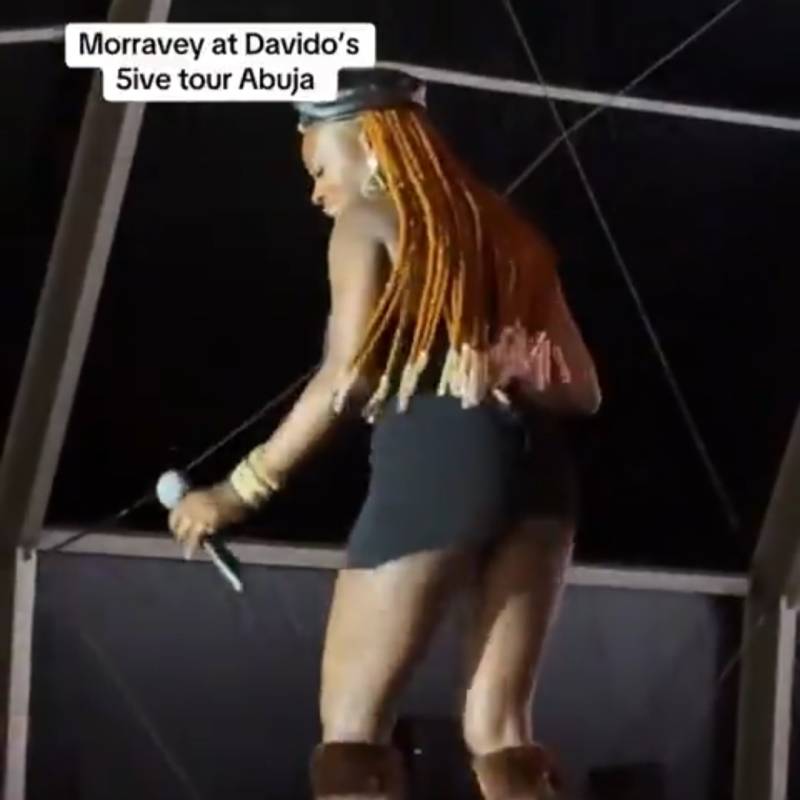
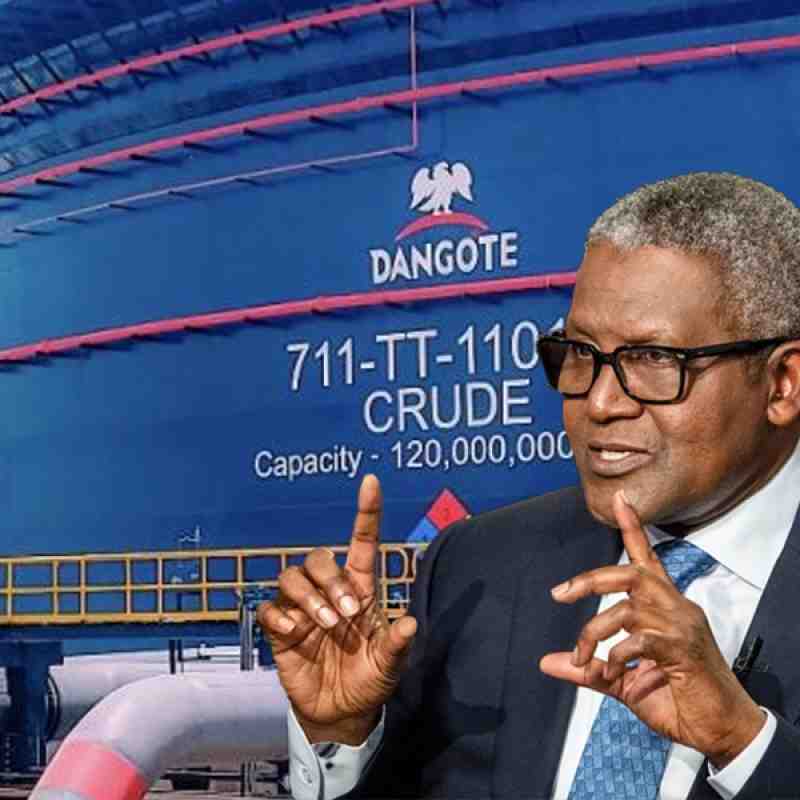
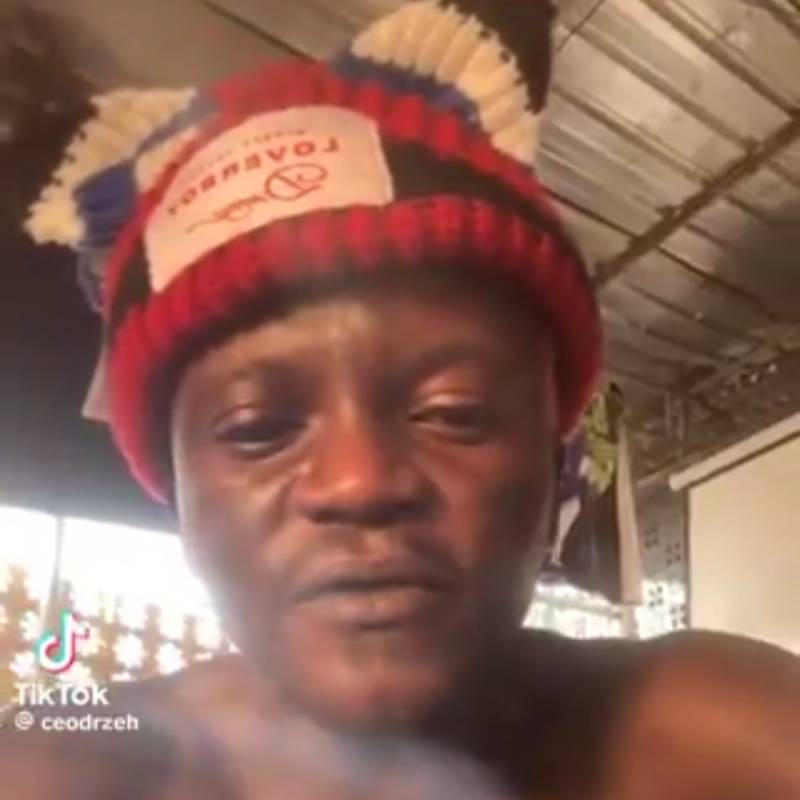
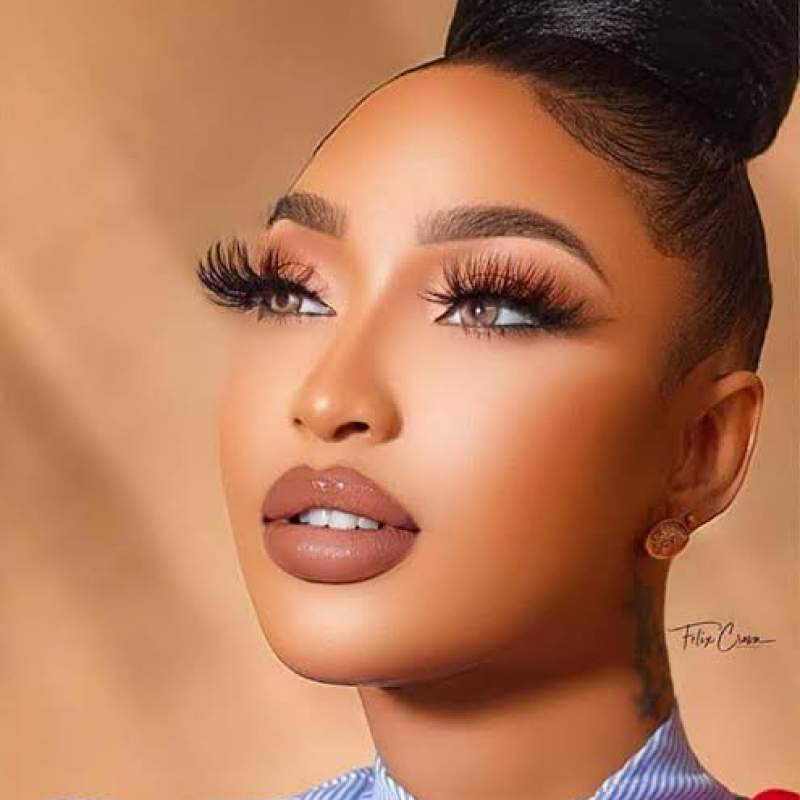

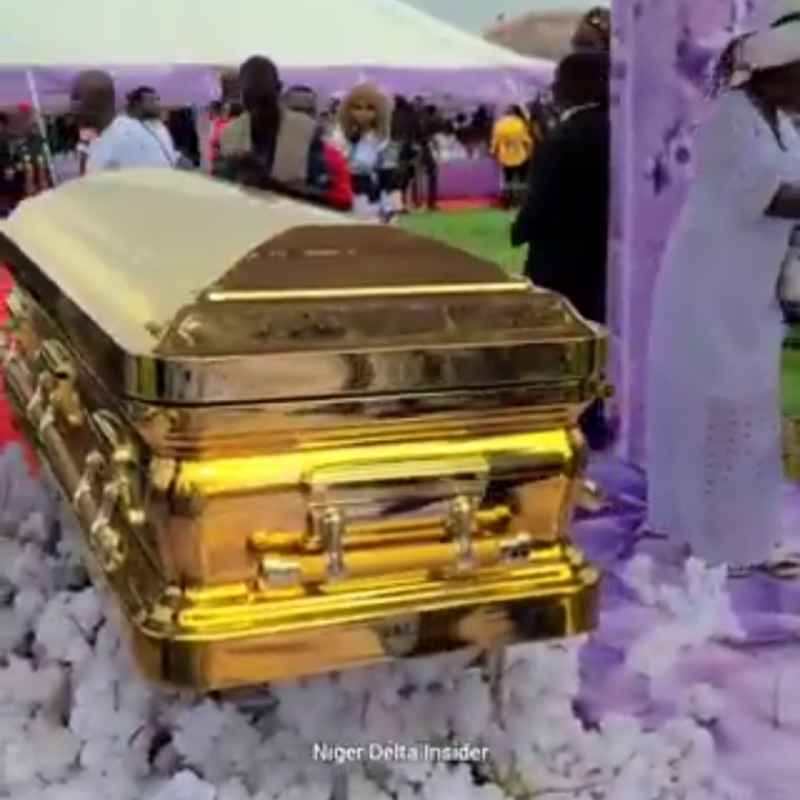
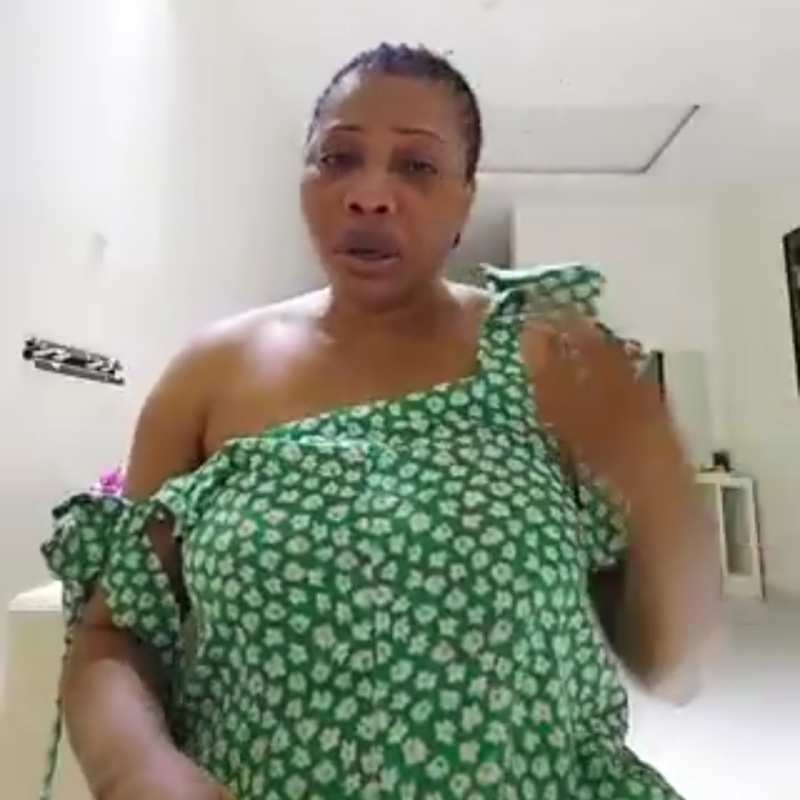

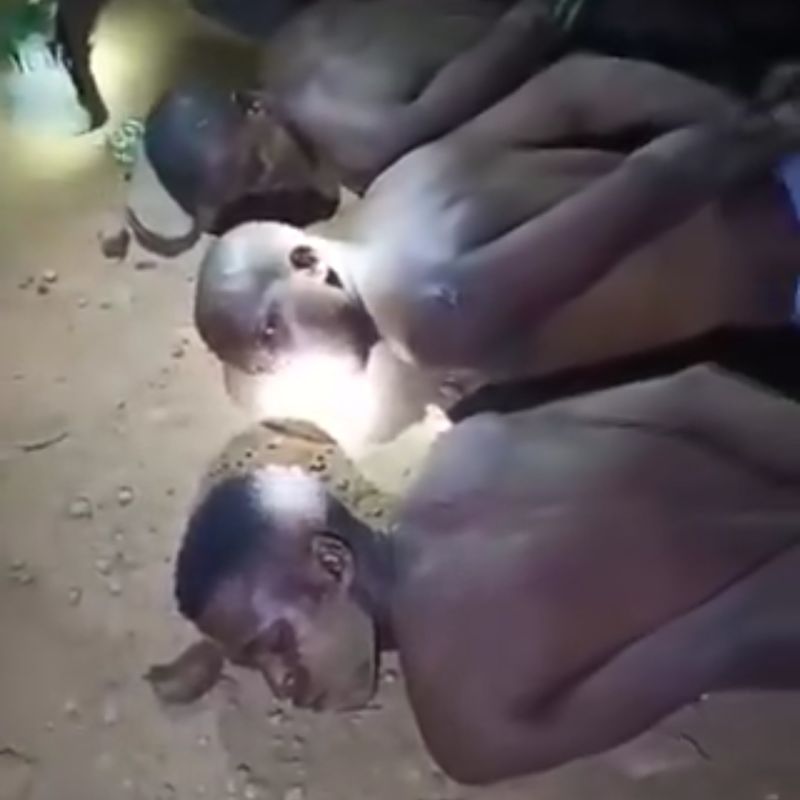
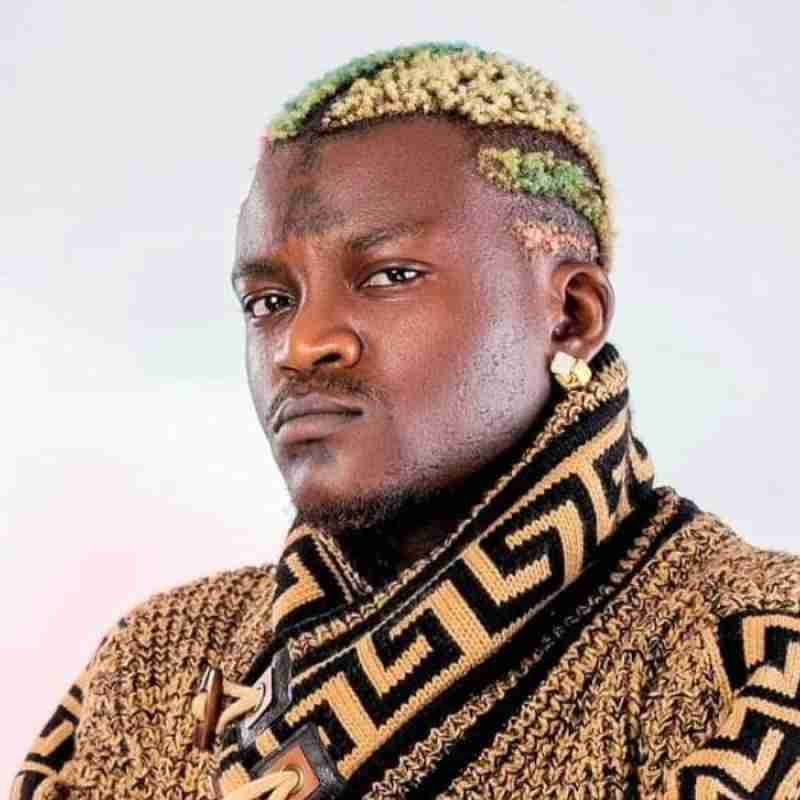
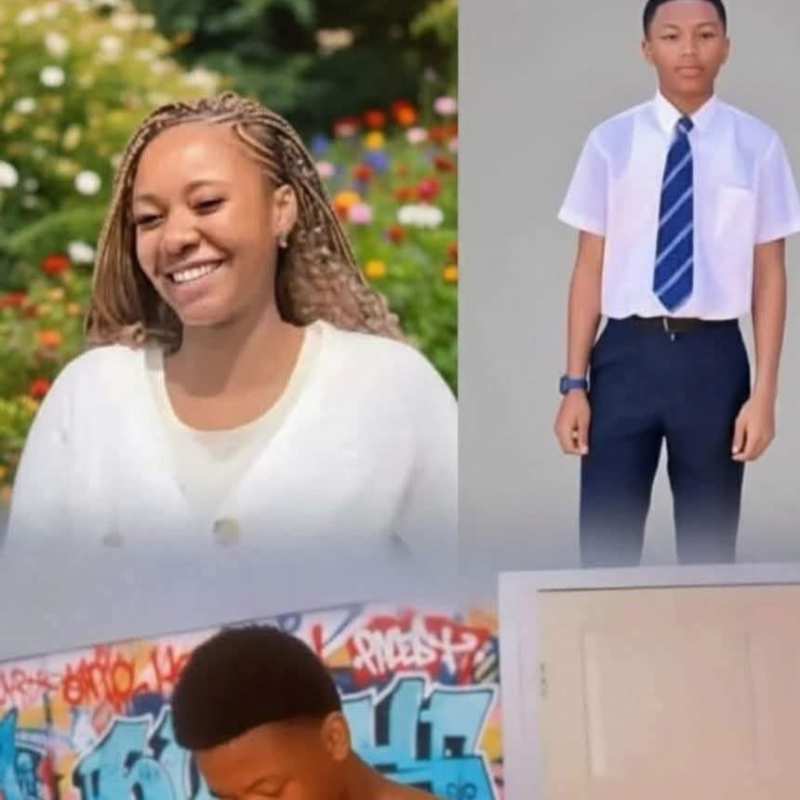





Comments
No comments yet. Be the first to comment!